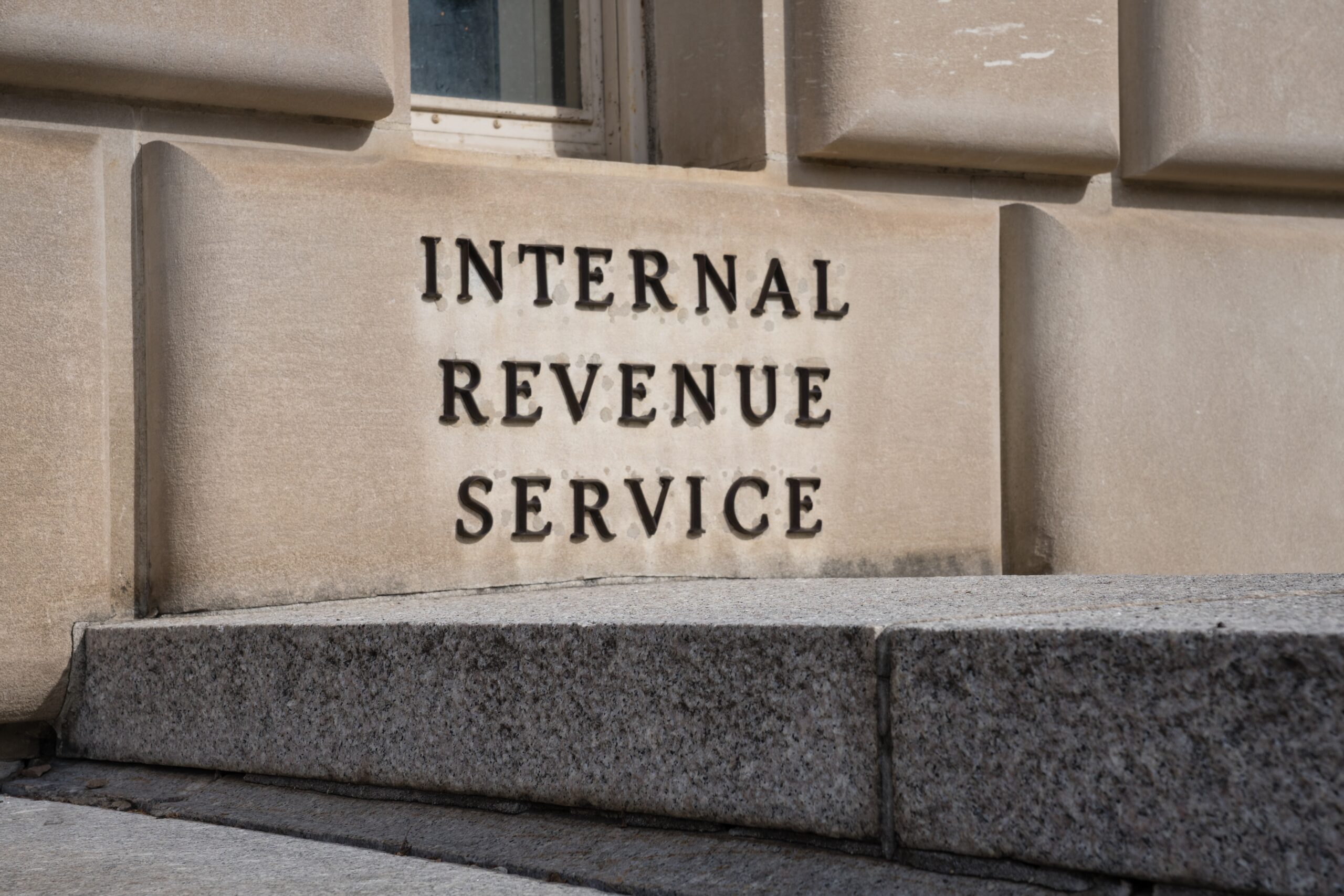Tyler, TX — A much-needed clarification to the vague Johnson Amendment will be a victory for speech rights, and concerns about unregulated “dark money” problems are unfounded and ignore existing federal campaign finance rules.
That’s the core message in a just-filed amicus brief authored by the Institute for Free Speech and former FEC Chairman (and Institute founder) Bradley A. Smith in National Religious Broadcasters v. IRS. The brief urges the U.S. District Court for the Eastern District of Texas to approve a consent judgment that would clarify churches’ rights to engage in political speech.
The case challenges a portion of the Johnson Amendment, which restricts political activity by 501(c)(3) organizations, including churches. Some opponents of the proposed consent judgment claim it would allow churches to become vehicles for unlimited “dark money” political spending without disclosure requirements.
The Institute’s brief thoroughly refutes these concerns, explaining that churches engaging in significant political activity would be subject to extensive existing federal regulations issued under the Federal Election Campaign Act (FECA).
“Churches that make political activity their major purpose are subject to PAC registration and reporting,” the brief notes. Such organizations must file detailed financial reports, maintain extensive records, and comply with complex regulatory requirements. Even without full PAC status, churches would still face disclosure requirements. “[C]hurches would have to comply with requirements for independent expenditures, electioneering communications, and earmarked contributions,” the Institute explains, citing the consent judgment.
The brief also raises constitutional concerns about the law, arguing that the Johnson Amendment itself suffers from First Amendment defects. “Because of its inhibiting effect on issue speech, the Johnson amendment is already void for vagueness,” the brief states. “Thus, far from creating constitutional issues, the consent judgment will resolve some of the constitutional infirmities already inherent in the amendment.”
Crucially, the Institute argues that real churches wouldn’t simply transform into political operations because doing so would undermine their core mission. “There is a basic contradiction between fears of churches being taken over by politics and why church members are willing to attend,” the brief explains, noting that people attend religious services primarily “to become close to God,” not to receive political messaging.
The brief further argues that the proposed consent degree would “remove a sword of Damocles that hangs over any spiritual leader whose conscience compels him to connect the dictates of his faith to the political issues of the day in the course of an ordinary service.”
To read the Institute’s amicus brief in National Religious Broadcasters v. IRS, click here.
About the Institute for Free Speech
The Institute for Free Speech promotes and defends the political speech rights to freely speak, assemble, publish, and petition the government guaranteed by the First Amendment.













